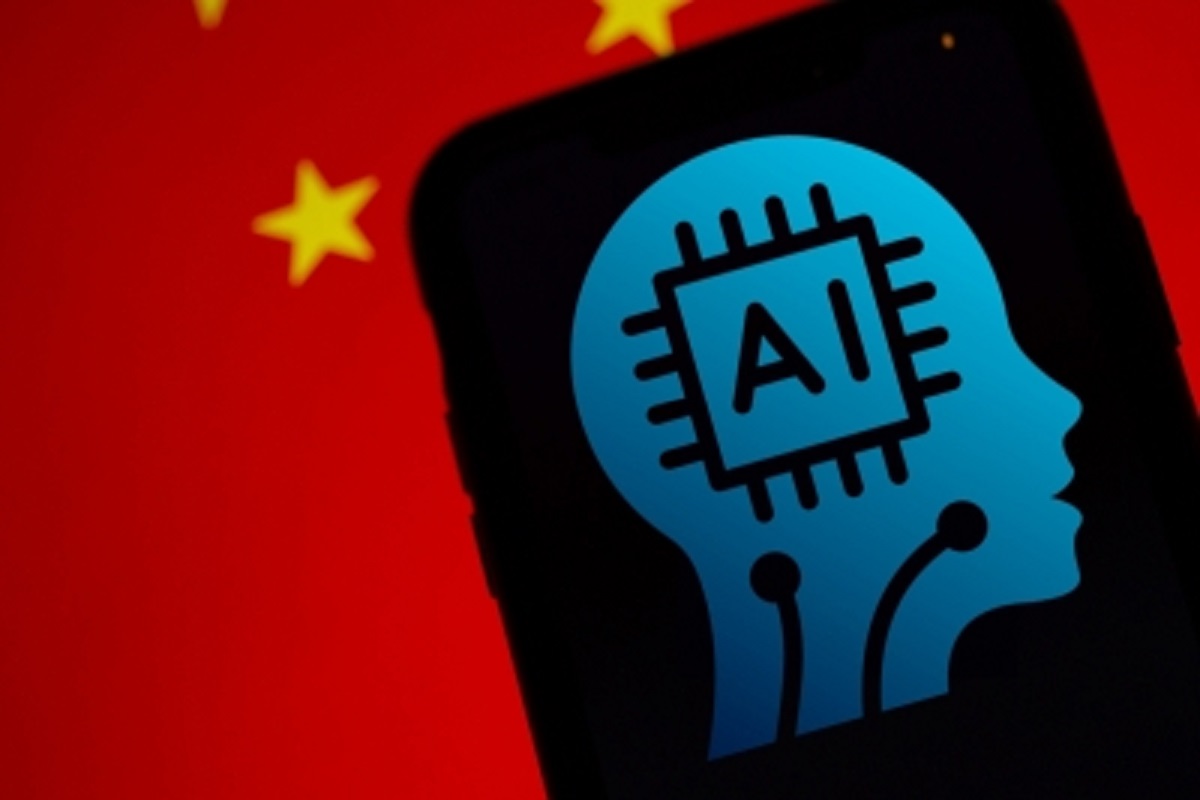US pauses aid to Ukraine, say reports
US President Donald Trump has paused all aid to Ukraine till as much time as it takes to determine President Volodymyr Zelensky's commitment to ending the war with Russia,
Research shows China exporting huge amounts of artificial information (AI) technology, dwarfing its contributions in other frontier technology sectors, said Harvard Economics Professor David Yang.

[Photo: IANS]
Research shows China exporting huge amounts of artificial information (AI) technology, dwarfing its contributions in other frontier technology sectors, said Harvard Economics Professor David Yang.
Yang also demonstrated that autocratic regimes around the world have a particular interest in AI.
Advertisement
“AI quite startlingly is the only sector out of the 16 frontier technologies where there’s disproportionately more buyers that are weak democracies and autocracies.”
Advertisement
“Autocratic governments would like to be able to predict the whereabouts, thoughts, and behaviours of citizens,” Yang said, adding, “And AI is fundamentally a technology for prediction.”
This creates an alignment of purpose between AI technology and autocratic rulers, he argued, Harvard Gazette reported.
Because AI heavily depends on data, and autocratic regimes are known to collect vast troves of it, this advantages companies with Chinese government contracts, which can turn around and use state data to bolster commercial projects, he added.
China looms large in the global landscape of artificial intelligence (AI) research, development, and policymaking. Its talent, growing technological skill and innovation, and national investment in science and technology have made it a leader in AI, a research paper by Brookings said.
Over more than two decades, China has become deeply enmeshed in the international network of AI research and development (R&D): Co-authoring papers with peers abroad, hosting American corporate AI labs, and helping expand the frontiers of global AI research. During most of that period, these links and their implications went largely unexamined in the policy world. Instead, the nature of these connections was dictated by the researchers, universities, and corporations who were forging them.
But in the past five years, these ties between China and global networks for R&D have come under increasing scrutiny by governments as well as universities, companies, and civil society, the paper said.
Four factors worked together to drive this reassessment including the growing capabilities of AI itself and its impacts on both economic competitiveness and national security; China’s unethical use of AI, including its deployment of AI tools for mass surveillance of its citizens, most notably the Uyghur ethnic group in Xinjiang but increasingly more widespread; the rise in Chinese capabilities and ambitions in AI, making it a genuine competitor with the US in the field; and the policies by which the Chinese state bolstered those capabilities, including state directed investments and illicit knowledge transfers from abroad, said the paper authored by Cameron F Kerry, Joshua P Meltzer and Matt Sheehan.
Advertisement